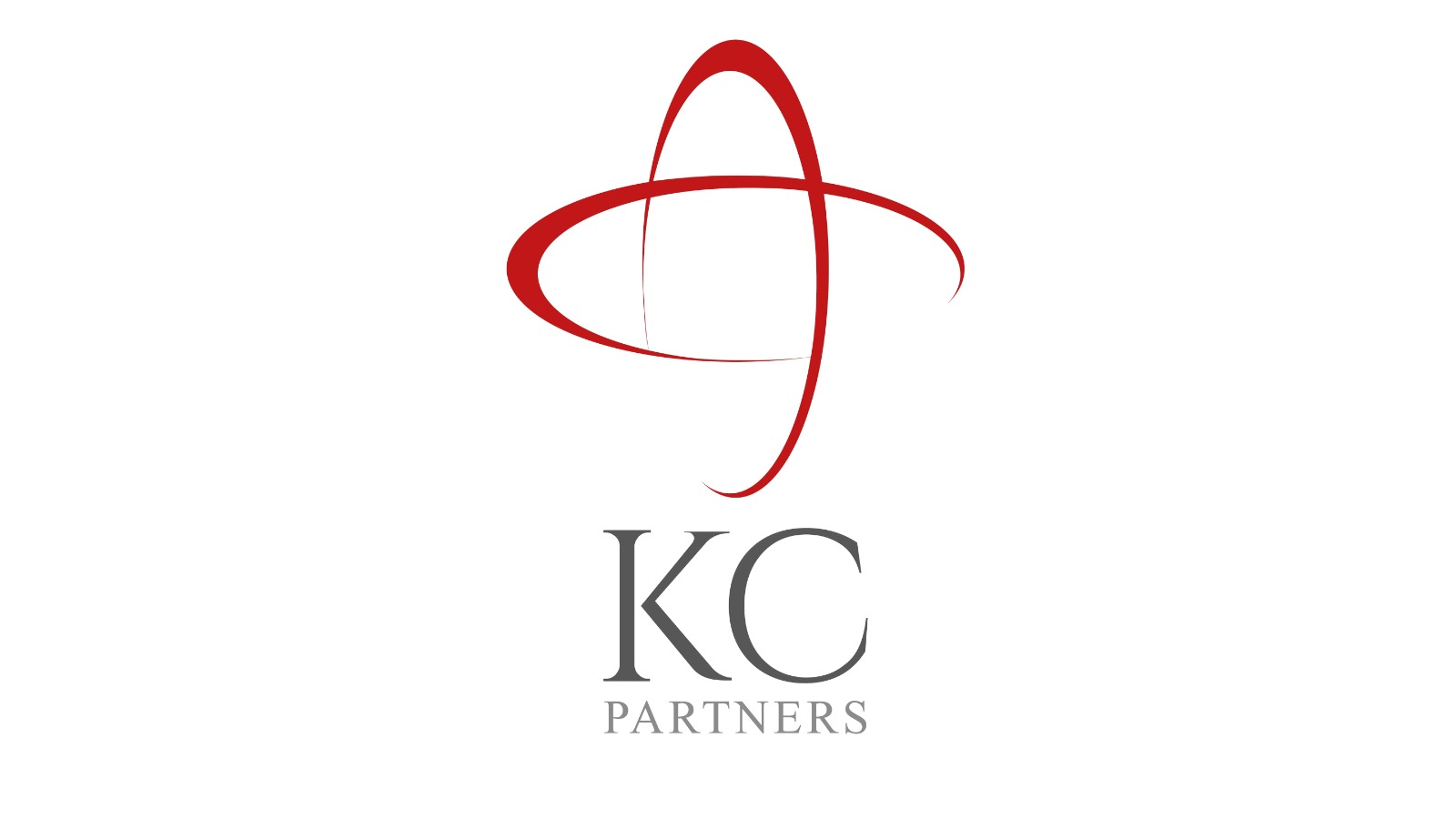Billable hours are often given a bad reputation. Whether it be from the memo prepared by Yale Law School warning students about how billable hours will take over their lives, or horror stories of law firms with unrealistic expectations. But billable hours aren’t as scary as they seem, and they are certainly not going to disappear anytime soon.
Measuring employee performance based on hours is not without its pitfalls. Achieving a high number of billable hours doesn’t necessarily equate to efficiency, and thus fast & inefficient workers may succeed over their more efficient counterparts.
Further, measuring efficiency and performance using billable hours can cause high levels of stress, creating an overwhelming and intimidating environment. The need to meet billable hour requirements can have an effect on your mental health and personal life, with employees consistently working nights, weekends and avoiding holidays.
If you add competition to the mix, billable hour requirements can become even more frightening. Employees may compete to achieve more billable hours – eventually leading to burn out and poor-quality work. This outcome is obviously bad for both lawyers and firm alike, and not at all productive.
However, the problems that may arise with billable hour requirements are easily avoidable, and billables aren’t always bad.
All organisations need to measure employee performance somehow, whether it be through sales targets, working hours, or that’s right – billable hours. Billables can be beneficial to lawyers, as they set clear expectations of what is required of them.
Some lawyers have suggested they have never felt pressured by the need to bill hours. In his candid article about billable hour requirements, Mark Herrmann argues;
“In the course of 25 years, while I practiced law at two different firms, no one ever said a word to me about the number of hours that I billed.”
Herrmann suggests that billable hour requirements never bothered him, and whilst practice can become stressful at times, he has always found the time for extra-curricular activities such as his popular blog, Drug and Device Law. Personal pressure to be successful is arguably more of a burden than billable targets, but much more gratifying.
As suggested by the Young Lawyer Editorial Board, by improving transparency, law firms can mitigate the issues created by billable hour requirements. By creating clear and realistic expectations, billable hours can appear far less daunting. It’s unrealistic to suggest that lawyers have a minimum billing requirement of, for example, 1,900 hours if they are actually expected to bill far more than this. Firms should be open and honest about what they expect from their lawyers from the get-go.
The Young Lawyer Editorial Board argues that firms should “provide current and historical statistics such as average hours worked per lawyer per week, month and year, ideally by office location, department and seniority.”. Arguably, transparency would create more realistic expectations and give concrete answers regarding expected workload and hours, proving incredibly beneficial to lawyers, firms, and clients.
Whilst transparency regarding billable hour requirements and expected workloads would help solve the issue of stress-related health issues caused by the pressure put on employees, other measures can also help the issue of overtaxed lawyers. Flexible and Agile working is becoming increasingly popular, but some think it may prevent them from achieving their billables. As the legal profession is one that never sleeps, most lawyers feel real pressure to be available at all times. However, there is absolutely no reason why the legal industry cannot adapt to flexible working in the same way that other industries have done so. Flexible working doesn’t mean lawyers will be unable to meet their targets, despite what some think. Improving standards of flexible and agile working may have a hugely positive impact on minorities and women who feel a heavier burden placed on them by billable hour requirements. In turn, this could improve equality and diversity in the workplace, whilst also positively affecting the mental health of employees.
Whilst billable hour requirements are never going to be ideal, there is no reason why they have to be despised.
As firms become increasingly aware of the importance of transparency regarding lawyer’s targets, billables can become far less daunting. Further, flexible and agile working is rapidly becoming a more popular and acceptable form of working. Consequently, lawyers may feel less intimated by billables, making burn out and stress-related illnesses more avoidable.
Whilst the pressure of achieving billable hours targets can be overwhelming, some lawyers don’t feel stressed or affected at all. Most lawyers say they’ve never been told they aren’t ‘billing enough’. In fact, many admit they only feel pressure to be successful and please clients.
All in all, the truth behind billables hours is that they aren’t as menacing as they seem!
If you found this interesting, you might be enjoy our article uncovering the truth about Private Practice vs In-House.

Wish to join the team?
Send us your CV/Resume at info@kcpartners.co.uk.

Sign up for our exclusive newsletter and become a part of the Legally Speaking Podcast community!
You have successfully joined our subscriber list.